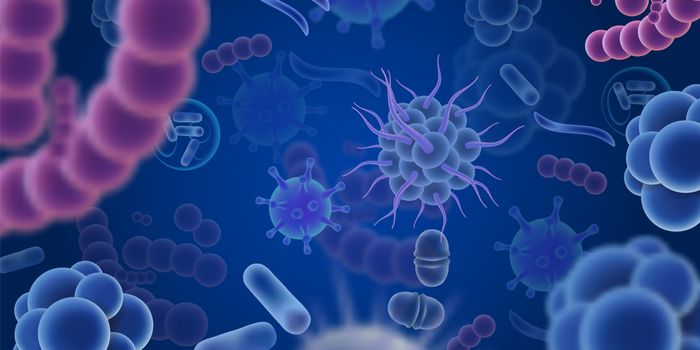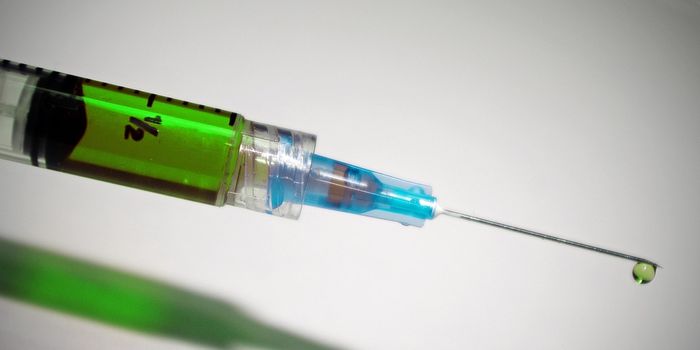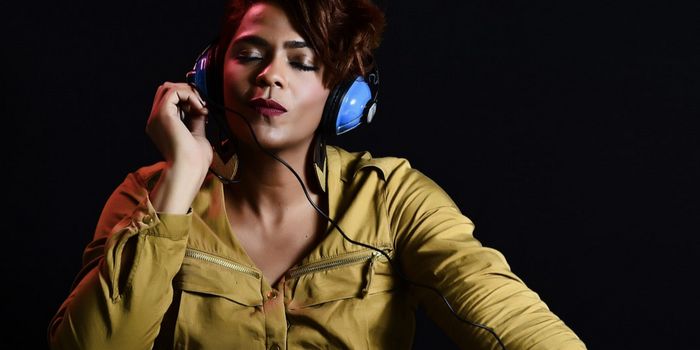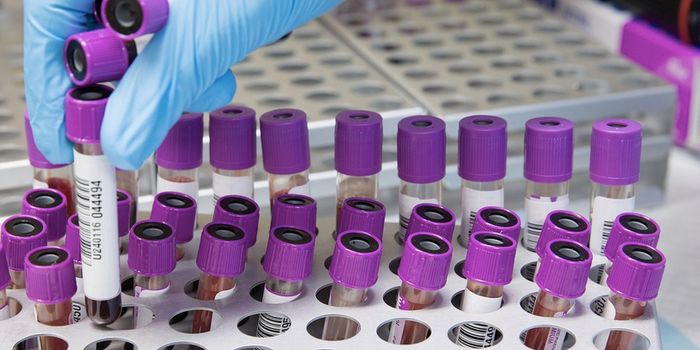How Iceland Makes a big Contribution to Genetic Research
Iceland has generated a wealth of genetic data. The island nation is isolated, so since it was settled around 1,200 years ago by Vikings, the genetic pool of the population has stayed relatively homogenous. One researcher with roots there, neurologist and geneticist Kari Stefansson, established a company, deCODE, with the aim to map the genome of the population of Iceland.
"Human genetics is the study of human diversity," Stefansson told CNN's Dr. Sanjay Gupta at deCODE headquarters in Reykjavik. "And what you are trying to do is to figure out how information lies in the genome that has an impact on human diversity. And having, for example, the genealogy gives you the avenue by which this information is passed from one generation to the next."
There are around 332,000 people in Iceland, so the investigators still have a way to go before they meet their goal. "We claim that we can sequence the whole genomes for very large numbers of people," Stefansson. "For example, in this building, we have sequenced the whole genomes of 40,000 people. But that claim is not completely authentic. It's a little bit false, because, yes, we have sequenced it down to an individual basis, but there are certain features in the sequence we have yet to figure out."
However, the researchers are also able to access the detailed medical records of these individuals to see how genes correlate to disease, a powerful tool in this type of research, providing insight into how small changes at the genetic level ultimately effect physiology.
The researchers working at deCODE have made some discoveries; they have found risk genes, that impact the development of illnesses like Alzheimer's, heart disease and breast cancer. "We discovered a variant a few years back, maybe three or four years back, that confers protection against Alzheimer's disease," said Stefansson."It's a rare (gene) variance found in about one percent of the Icelandic population, and if you carry that variant, you are almost completely protected against Alzheimer's disease." The scientists have also identified some genes that relate to a person't ability to think creatively and solve problems.
This insight has also opened up ethical concerns. One example cited is a mutation in the BRCA2 gene; when a woman carries it, she has a 86 percent chance of developing lethal breast cancer. That variant is only carried by 0.8 percent of Icelandic women, many of whom could be readily and easily identified and informed. "We can, at the push of a button, find encrypted ID of all these carriers," Stefansson said. "If society would want to use this, they could find these women, they could approach them, and they could mitigate most of this risk. For the moment, society is struggling with whether or how to use this. One of the concerns ... is that by approaching these women, you would be violating their right now to know. However, it has been a tradition in our society, like many others, that you don't let people die prematurely if you can save their lives."
However, there are not a lot of genes that have been so strongly linked to susceptibility for disease. While the genetic cause of many disorders are known, genes that only carry a risk for a more complex disorder like heart disease are far more complex and likely depend on many different environmental and genetic factors. For now, researchers are continuing to use this amazing wealth of genetic information to learn more about human health and disease.
See an interview with Dr. Stefansson from the New Yorker in the video.








